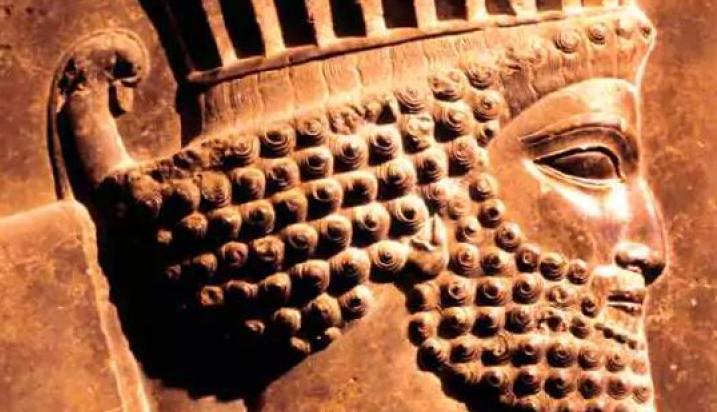Herodotus, the fifth-century BC Greek writer, is hailed as ‘The Father of History’. His work, ‘The Histories’, was the first attempt to systematically study the past and explain the causes of great events like the Greco-Persian Wars. But he has also been called ‘The Father of Lies’. How much of what he wrote is reliable fact, and how much is just a good story?
Table of Contents
🌍 A Man of the World
What made Herodotus’s work revolutionary was his method. He didn’t just write from an armchair; he traveled extensively across the Persian and Greek territories. He was a curious investigator, collecting stories, interviewing locals, and observing different cultures firsthand. His work is a treasure trove of information about the geography, customs, and legends of the ancient world, from Egypt to Scythia. This dedication to eyewitness accounts and inquiry is what earned him his famous title.
📜 Fact Woven with Fiction
The problem is that Herodotus didn’t always separate what he saw from what he was told. He included fantastic tales of giant gold-digging ants and men with the heads of dogs alongside detailed, plausible accounts of military battles. He often presented different versions of a story without stating which one he believed to be true. His critics, even in ancient times, accused him of weaving fiction into his narratives to make them more entertaining. He was a masterful storyteller, and sometimes the line between history and myth became blurred.
🤔 The Verdict on Herodotus
So, should we trust him? The answer is complex. While many of his more outlandish stories are likely myths or misunderstandings, modern archaeology has confirmed the accuracy of many of his other observations. What we know about crucial events like the Battle of Marathon comes almost entirely from his work. Herodotus may not meet the standards of a modern historian, but he was a pioneer. He laid the foundation for historical analysis by asking ‘why’ things happened, and for that, his place in history—and our debt to him—is secure.
Bibliography:
BBC History Specials: Ancient World, 2025. Immediate Media Company London Limited, 2024.
- Curses: The History of the Evil Eye and Binding Magic
- Magical Plants: A Witch’s Garden of Herbs and Poisons
- Roman Magic: Curses, the Strix, and Everyday Protection
- Circe: The Greek Sorceress of Transformation and Myth
- Greek Magic: Hecate’s Power, Oracles, and Enchantresses
- Japanese Magic: Yōkai, Onmyōdō, and Supernatural Folklore
- Empress Chen Jiao: The Royal Scandal of Witchcraft in Han China
